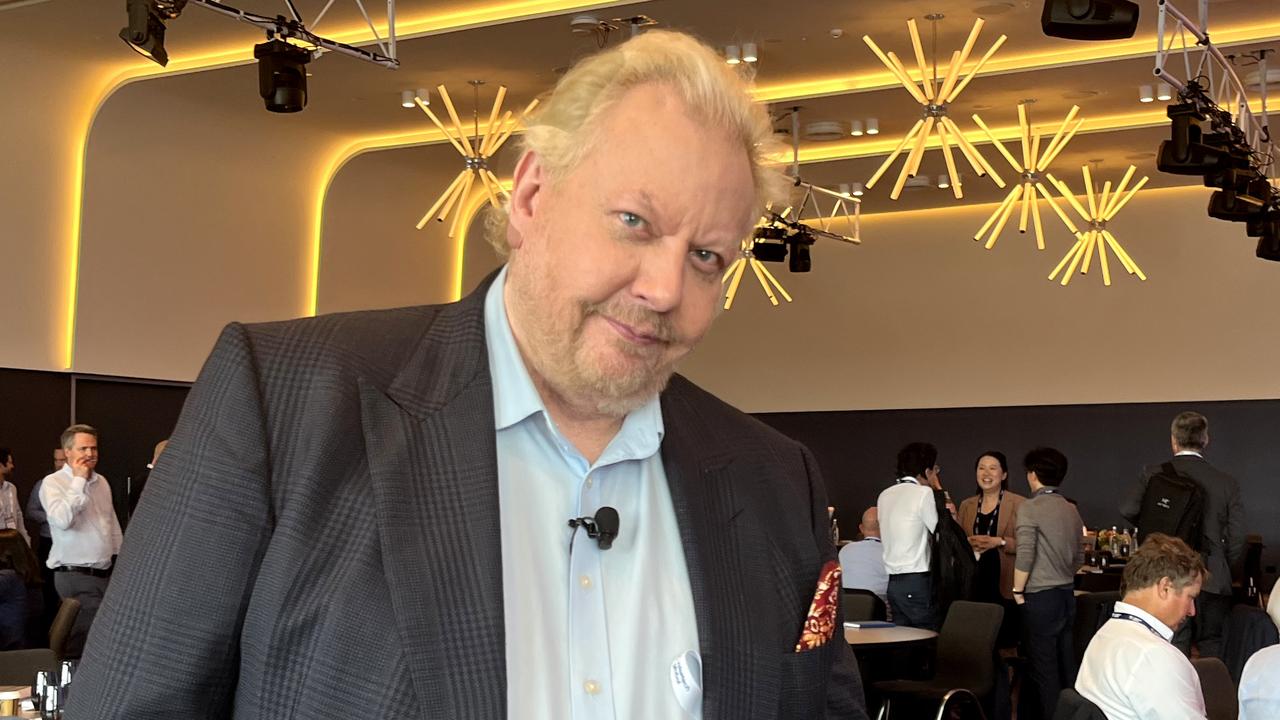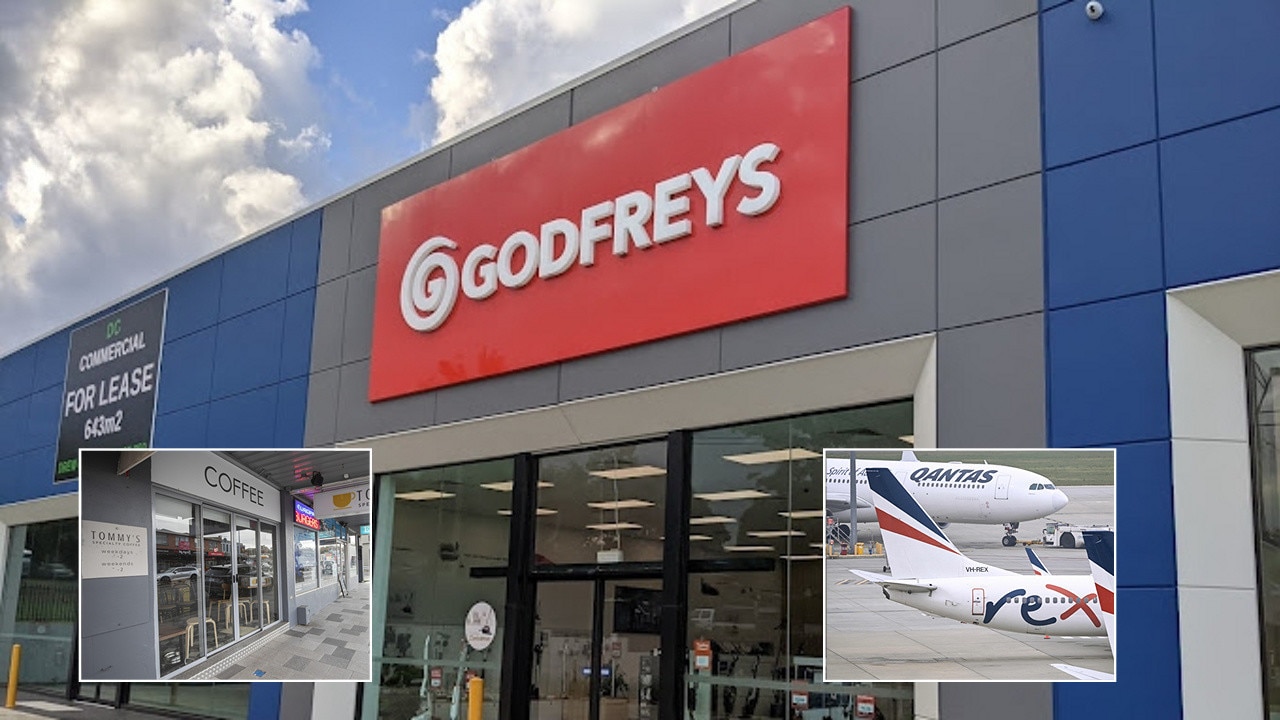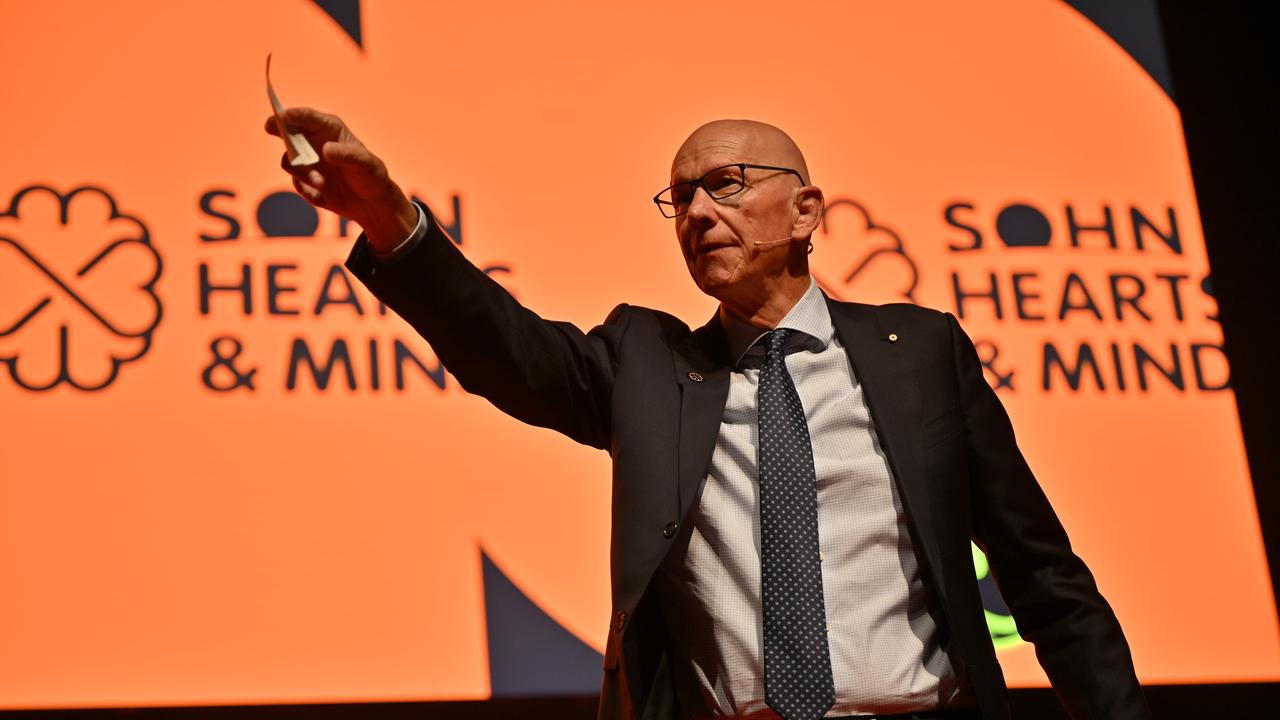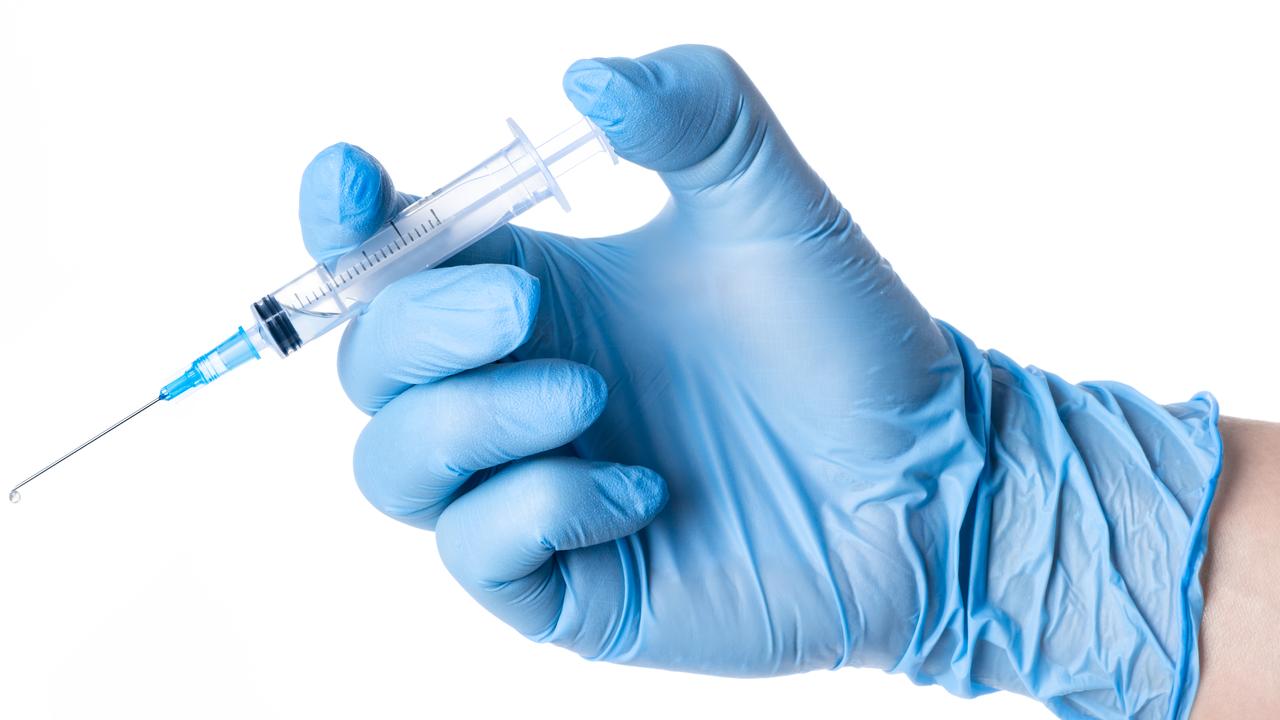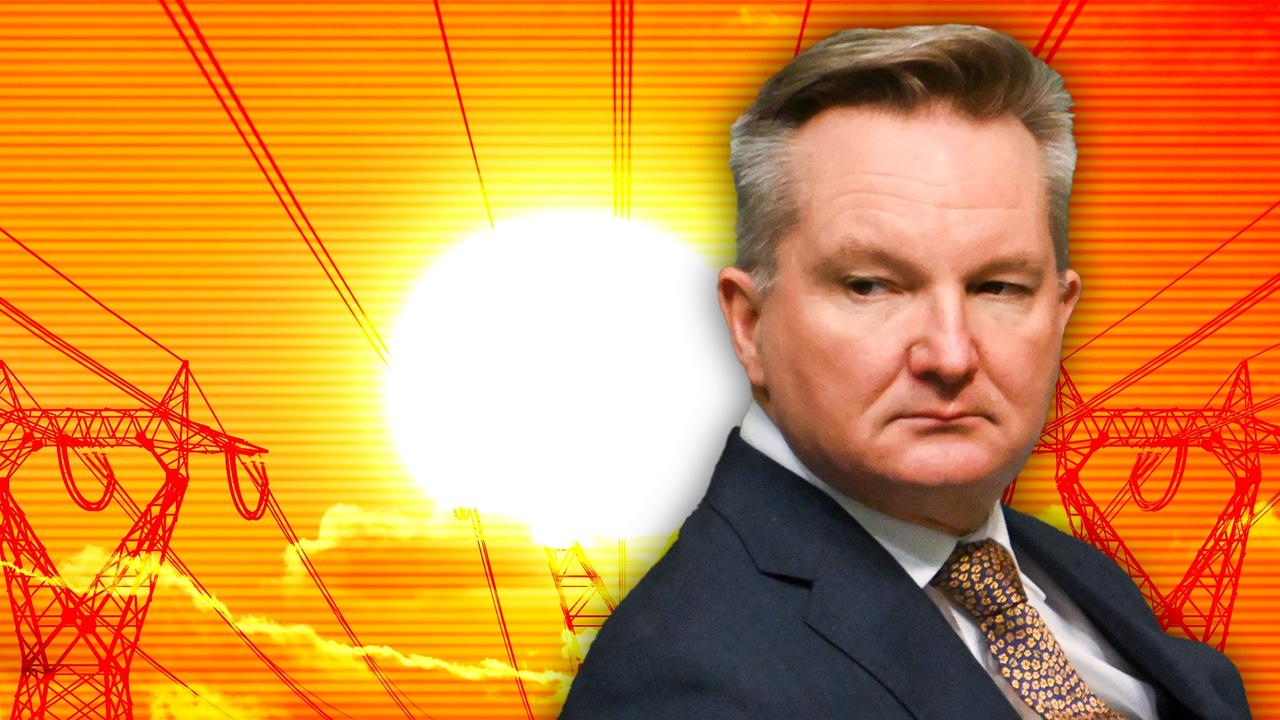Graphite giant Novonix to take on China with $1.2bn from US
The US will back Brisbane-based battery materials firm Novonix with up to $1.2bn in financing to help reduce China’s grip on the global supply of graphite.
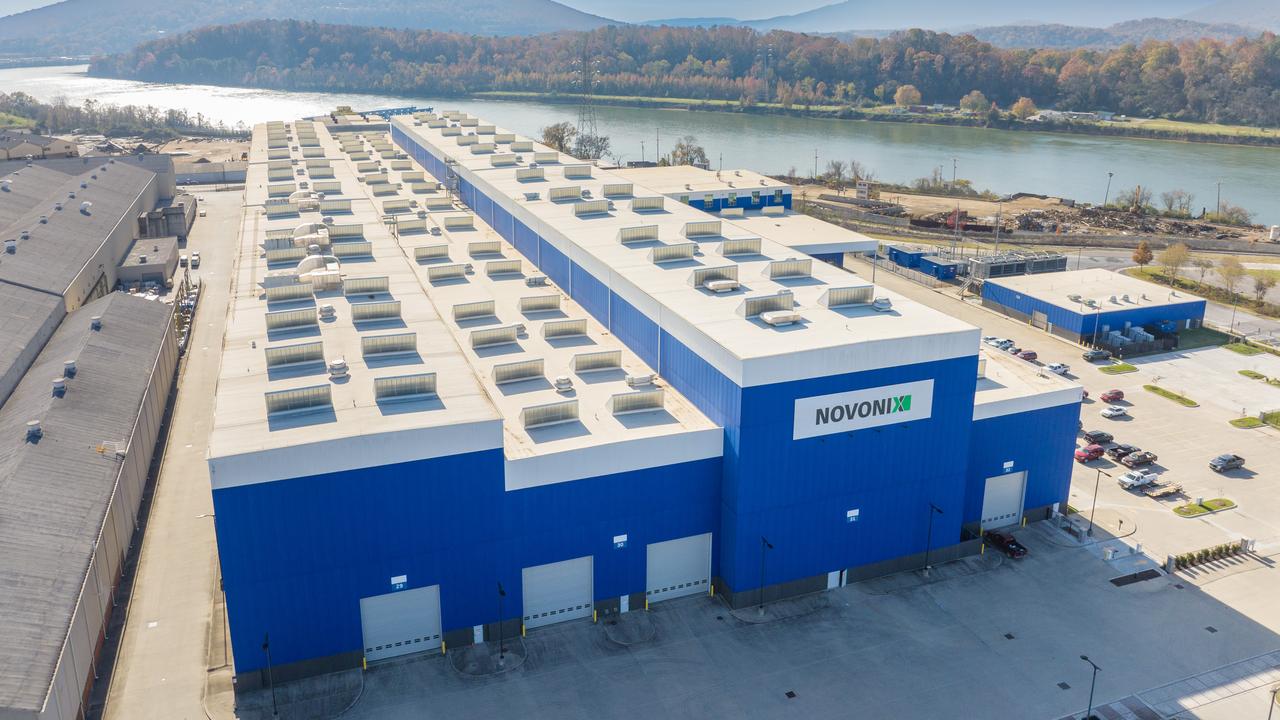
Business
Don't miss out on the headlines from Business. Followed categories will be added to My News.
The US will back Brisbane-based battery materials firm Novonix with up to $1.2bn in financing in the battle to reduce China’s grip on the global supply of graphite.
Novonix said the US Department of Energy had agreed to conditionally provide a direct loan of up to $US754.8m ($1.2bn) for the company’s new graphite factory in Chattanooga, Tennessee as part of a strategy to bolster domestic supply of the critical material for lithium-ion batteries, energy and defence systems.
Novonix chief executive Chris Burns said China currently had a market share of more than 95 per cent globally for battery-grade graphite, a domination that the US aimed to reduce by supporting domestic production.
“The reliance on China is a problem, but we are now poised to combat it,” Dr Burns said. “This conditional commitment from the government continues to underscore the focus on localising critical materials in the battery supply chain, such as graphite.”
Dr Burns said the planned loan would support the construction of the first phase of the new Chattanooga facility, which had an initial production capacity of 31,500 tonnes of synthetic graphite a year. Novonix planned to subsequently expand the production capacity to 75,000 tonnes.
Meanwhile, Novonix’s Riverside facility, also in Chattanooga, is poised to become the first large-scale graphite production site in North America when it begins commercial production in 2025.
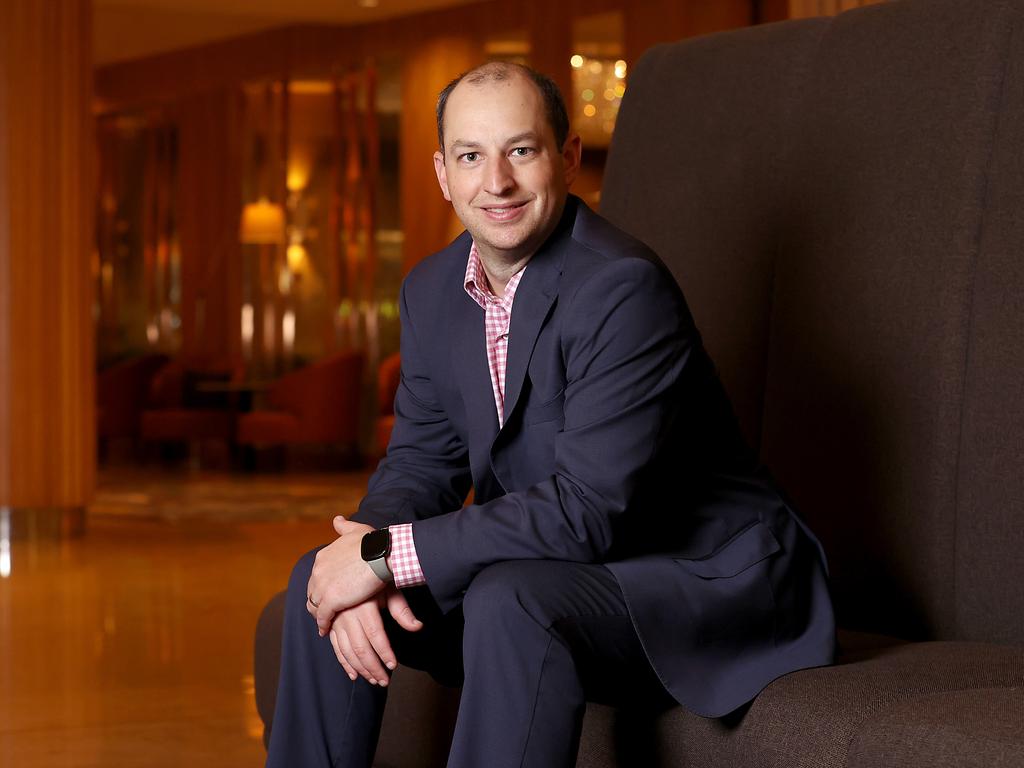
The Department of Energy had earlier awarded a $US100m grant and a $US103m investment tax break towards the funding of the Riverside facility.
The support comes as Novonix last week joined an action by the US Department of Commerce and the International Trade Commission to investigate whether China was exporting natural and synthetic graphite – used to make lithium-ion battery anode material – to the US at unfair prices. The filing asserts China is harming the nascent domestic graphite industry by exporting artificially cheap battery-grade graphite into the US, denying North American producers a fair opportunity to enter the market. Experts at Buchanan Ingersoll & Rooney, the law firm handling the case, estimate dumping margins as high as 920 per cent.
If the investigation proves conclusive, the US will assess the use of additional tariffs equal to the extent of unfair pricing by the Chinese.
“This is an important issue to address on the path to strengthening the production of critical minerals here in the US and bringing fair competition to the global marketplace,” Dr Burns said.
“We hope filing this case will bring transparency to the graphite anode market and drive further government action to use policies and tariffs in a manner commensurate with China’s unfair trade practices.”
Dr Burns said recent announcements from China to further scrutinise the export of battery-grade graphite to the US highlighted the importance of domestic production of high-performance, battery-grade synthetic graphite.
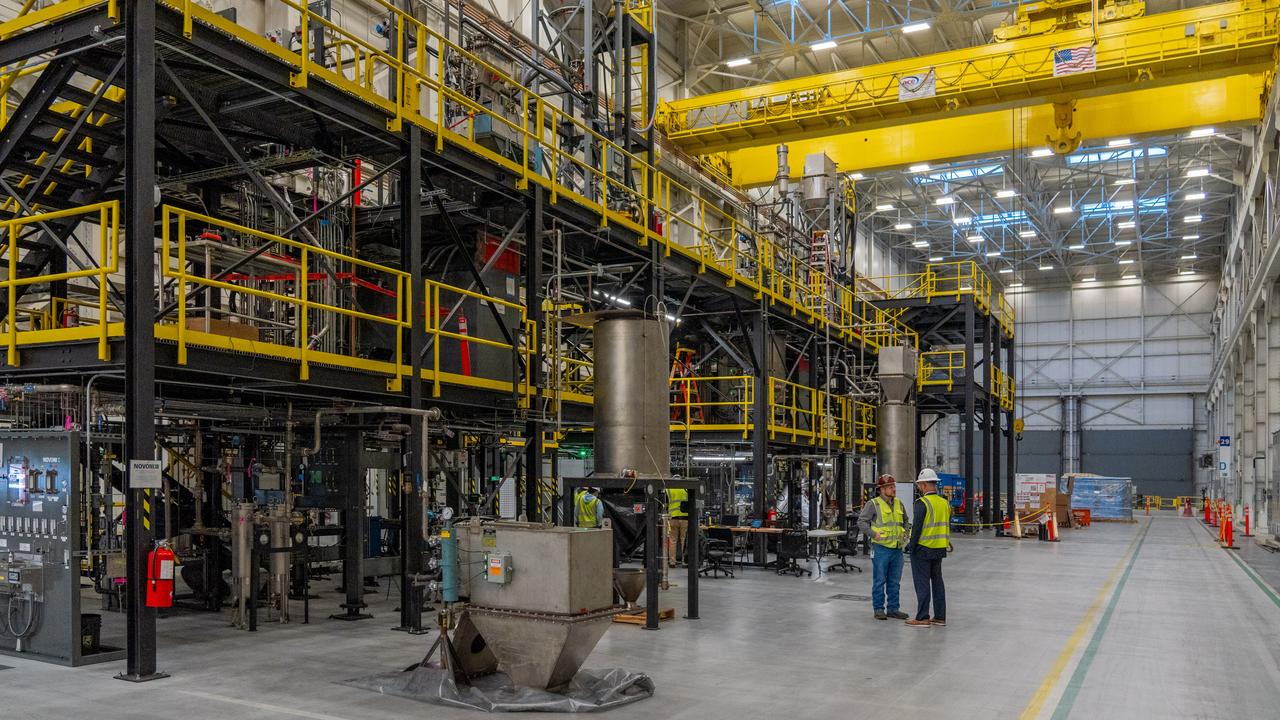
The US is pumping billions of dollars into a long-term plan to support clean energy manufacturing and recycling, industrial decarbonisation and critical materials processing.
Locally, the Australian government is also pouring hundreds of millions of dollars into supporting the critical minerals industry, under Labor’s “Future Made in Australia” policy, which aims to support the transition to renewable energy and shore up local manufacturing in globally sensitive industries.
Earlier this year, Dr Burns said he expected the Riverside facility to reach peak production over the next three years as the company reached supply agreements with some of the biggest battery manufacturers in the world. Novonix in February sealed a $153m deal to supply battery materials to Japanese electronics giant Panasonic Energy.
“With this support, we believe we are poised to further expand our operations, create high-quality US jobs and advance our mission of developing technologies and materials to service the EV and ESS (energy storage system) sectors,” Dr Burns said.
Under the three-year binding offtake arrangement, 10,000 tonnes of high-performance synthetic graphite anode material will be shipped to Panasonic Energy’s North American EV battery operations from the Riverside facility.
Panasonic Energy is working to expand its production of EV batteries in North America to meet increased demand while also increasing the percentage of materials procured locally.
Last year was the first time that more than a million EVs were sold in the US in a calendar year, probably reaching between 1.3 million and 1.4 million cars.
Japanese companies are looking to boost their investments in the US EV market, after a deal struck in March to widen access to tax credits for Japanese manufacturers.
Originally published as Graphite giant Novonix to take on China with $1.2bn from US




